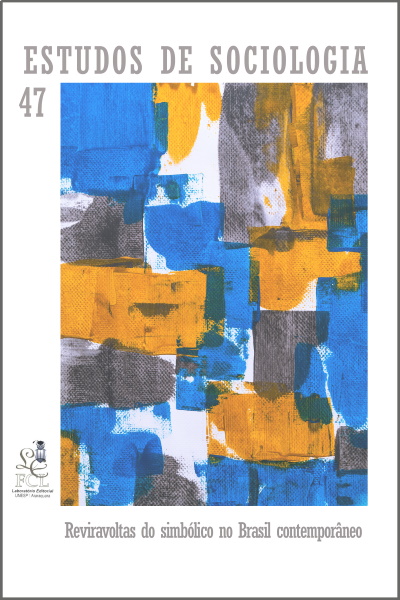The social sense of action in monetary policy in the Central Bank of Brazil (BCB) between 1995 and 2017
DOI:
https://doi.org/10.52780/res.12383Keywords:
Economic Sociology, Sociology of Finance, Performativity, Boltanski, Pierre Bourdieu,Abstract
This paper aims to demonstrate the social meanings of the action in the decision making of the basic interest rate (SELIC) by Central Bank of Brazil. Based on the sociology of critical capacity by Boltanski and Thevenot (1999), through the analysis of situational disputes in interest inflections between 1995 and 2017, it was possible to demonstrate the influence of social trajectories, narratives and their link with financial statements. In routine macroeconomic conjunctures, there are greater degrees of freedom for action with convergence of position and decision making (in sense of Bourdieu) in interest rates. In times of situational disputes, political crises and macroeconomic imbalances there has been an increase in the influence of agents of financial and non-financial institutions (who are on the side of cognitive and moral inertia) using performative pressure based on macroeconomic dogma and moral justifications.Downloads
Download data is not yet available.
Downloads
Published
29/01/2020
How to Cite
SILVA, M. R.; GRÜN, R. The social sense of action in monetary policy in the Central Bank of Brazil (BCB) between 1995 and 2017. Estudos de Sociologia, Araraquara, v. 24, n. 47, 2020. DOI: 10.52780/res.12383. Disponível em: https://periodicos.fclar.unesp.br/estudos/article/view/12383. Acesso em: 25 feb. 2026.
Issue
Section
Articles
License

À revista Estudos de Sociologia ficam reservados os direitos autorais pertinentes a todos os artigos nela publicados.
Os artigos publicados e as referências citadas na revista Estudos de Sociologia são de inteira responsabilidade de seus autores.
A Estudos de Socilogia utiliza a licença https://creativecommons.org/licenses/by/4.0/ (CC BY), que permite o compartilhamento do artigo com o reconhecimento da autoria.



